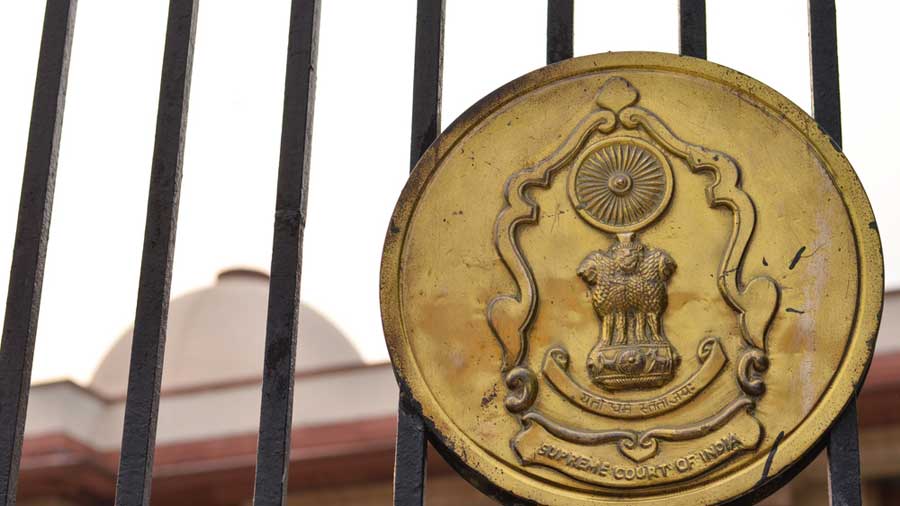The ruling party in India moves with the times. Its tech-savvy approach to problems and propaganda and its enthusiastic endorsement of digital routes wherever possible are indicators of this. That demonetization forced cashless payments to shoot up made it praiseworthy, obliterating the dubious scores in its professed goals of eliminating black money or stopping terror funding. With its eye on technology, the Bharatiya Janata Party-led government seems rather tardy about noticing issues of access. It was eager for online education even before educational institutions closed down for the pandemic. When that happened, the education ministry took time to note that an enormous number of students had no access, or uncertain and irregular access, to online lessons and study-related communication. It is thus greatly reassuring that the Chief Justice of India, S.A. Bobde, expressed concern about the inequality created by the reliance on technology at a meet arranged by the Supreme Court to celebrate Constitution Day. The CJI was referring to inequality in the sphere of justice delivery: that the biggest challenge for the courts was delivering justice unhampered to the ‘common man’. Since the notion of justice is based on equality and fairness, this would naturally be painful to anyone who administers it.
The pandemic forced a ‘bind’, because hearings had to be conducted through video conferencing or courts had to shut down altogether. But closing courts would mean blocking the rule of law. Yet at the same time, for large sections of Indians, courts seem to have disappeared anyway since they had no access to the necessary technology. The CJI requested the minister for law and telecommunications, Ravi Shankar Prasad, to find ways to ensure access as much as possible. Mr Prasad, however, expressed his happiness at the number of cases that the courts had heard in spite of the difficult situation, and condemned the increase in unfounded criticism of the judiciary. The response of the attorney general of India was rather more puzzling. He looked forward to a time when there would be live streaming of hearings from the courts. But it is the people that the CJI was talking about, specifically the ‘common man’ with no access to technology. How would live streaming help him? Somehow, he vanished from the discourse after the CJI’s reference to him











